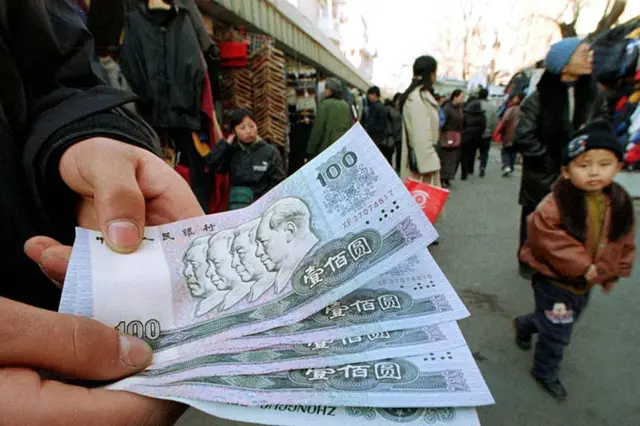Value of mainland outbound investment doubled from US$56.9 billion in 2014 to US$118.6 billion last year
China’s overseas acquisition deals are getting bigger, analysts say, as fears of a depreciating yuan have driven companies to diversify their assets worldwide.
There have been 20 mega-sized deals valued over US$1 billion in the past five months alone, compared to a total of 27 for all of last year, according to Deloitte, citing research firm Mergermarket.
The value of China’s outbound investment doubled from US$56.9 billion in 2014 to US$118.6 billion in 2015.
“If we stay on this pace for 2016, we would see 60 transactions over US$1 billion in 2016,” said Philip Pfrang, a global life sciences and health care leader at Deloitte. “There’s clearly a substantial trend to more outbound investments.”
Chinese investors have been targeting the technology, media and telecommunication sectors, as well as consumer products, manufacturing and energy.
Almost half of the money invested has been flowing into foreign assets in western Europe, and 35 per cent of it into the United States.
One of the main factors driving Chinese outbound investment is a fear of a depreciating yuan, analysts said.
Since China’s shock devaluation of its currency by almost 2 per cent last August – the biggest change in a decade – the yuan has continued to weaken.
The currency, which was worth 6.1997 per US dollar after the devaluation, has weakened to levels of around 6.5825 per US dollar as of Monday.
“A lot of companies and wealthy investors want to shift their assets abroad,” said Shaun Rein, managing director of China Market Research Group. “Over the next three to six months, we’ll see fits and starts with the [yuan] and it will continue to depreciate, because economic conditions are such that it needs to.”
Bee Chun Boo, a partner specialising in merger and acquisition transactions at international law firm Baker & McKenzie, said depreciation fears have been a top concern for their clients in the past six months.
“Due to the tightening of control over the conversion of [yuan] to foreign currency, Chinese buyers may experience a delay in being able to convert their [yuan] for the purposes of paying the purchase price,” Boo said.
Companies are required to seek approval from a number of regulatory bodies on overseas deals, including the State Administration of Foreign Exchange (SAFE), which oversees China’s foreign exchange reserves, and the China Securities Regulatory Commission, before a deal is given the green light.
Rein explained that regulators are becoming more selective as to which deals they approve because they want to make sure those deals are profitable and not just about shifting wealth offshore.
(SOUTH CHINA MORNING POST)
 简体中文
简体中文



